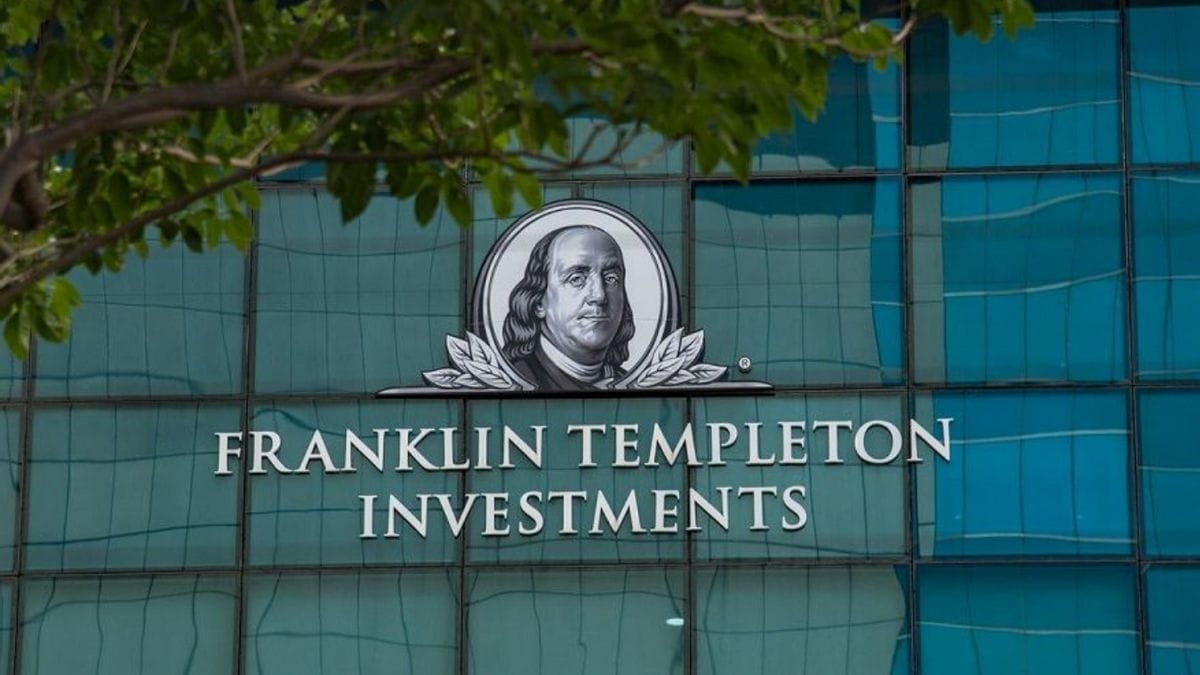Franklin Templeton Files for Solana ETF

Franklin Templeton, one of the world’s largest asset management firms, has filed with the U.S. Securities and Exchange Commission (SEC) to launch a Solana-based exchange-traded fund (ETF), marking a significant step toward expanding institutional access to alternative cryptocurrencies beyond Bitcoin and Ethereum.
- The ETF will be designed to track the spot price of Solana (SOL), allowing investors to gain direct exposure to the cryptocurrency’s market performance without needing to hold the asset directly.
- The ETF will trade on the Cboe BZX Exchange, the same platform used for several recently approved Bitcoin and Ethereum ETFs.
- Coinbase Custody Trust Company will act as the ETF’s custodian, managing the storage and security of Solana holdings.
- The filing notes that the ETF will be structured similarly to spot Bitcoin ETFs, with daily disclosures of net asset value and underlying holdings.
Why Solana?
- High Throughput and Low Fees
- Solana’s blockchain is known for its high transaction speeds and low costs, making it attractive for decentralized applications (dApps) and institutional investors.
- The network can process over 65,000 transactions per second (TPS), significantly higher than Ethereum's capacity.
- Growing Ecosystem
- Solana has become a hub for DeFi (decentralized finance) and NFTs (non-fungible tokens), with a growing number of developers and projects choosing Solana over other blockchains due to its scalability and low fees.
- The success of Solana-based meme coins and decentralized exchanges (DEXs) has further solidified its position as a leading blockchain platform.
- Institutional Demand
- The move to file for a Solana ETF reflects increasing demand from institutional investors looking to diversify their cryptocurrency holdings beyond Bitcoin and Ethereum.
- Franklin Templeton’s decision signals confidence in Solana’s long-term growth potential and resilience despite previous network congestion issues.




